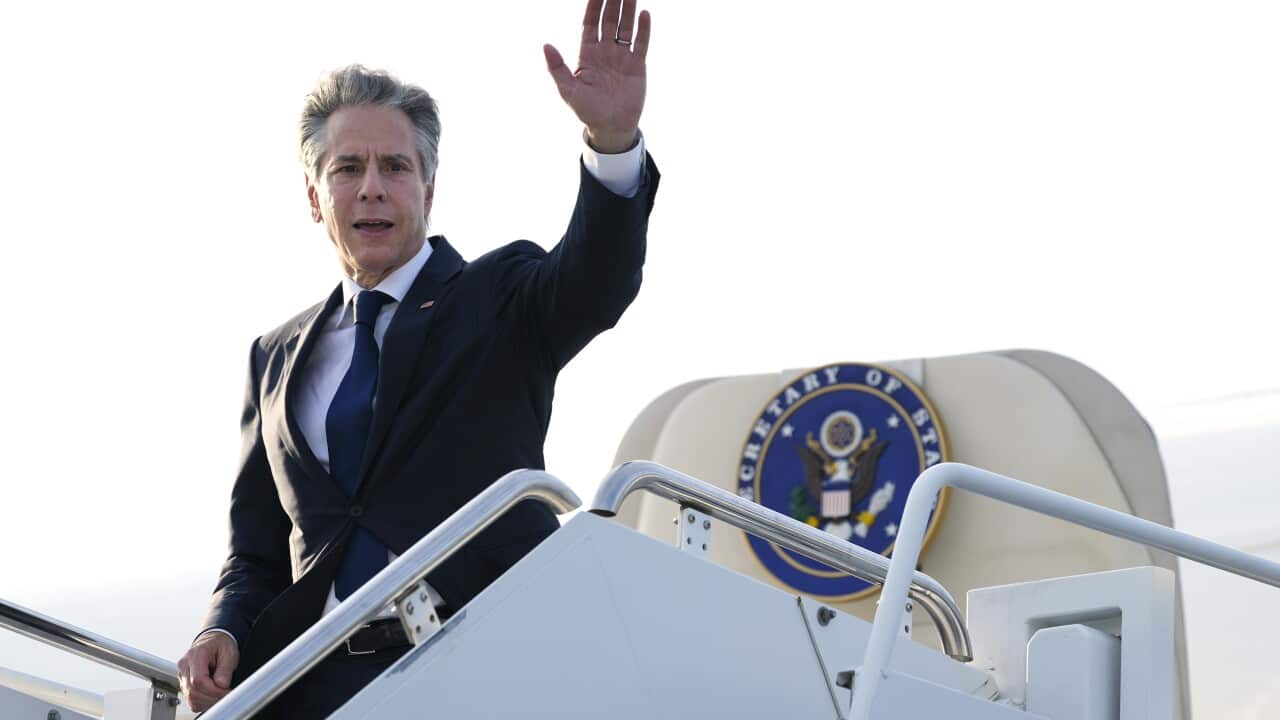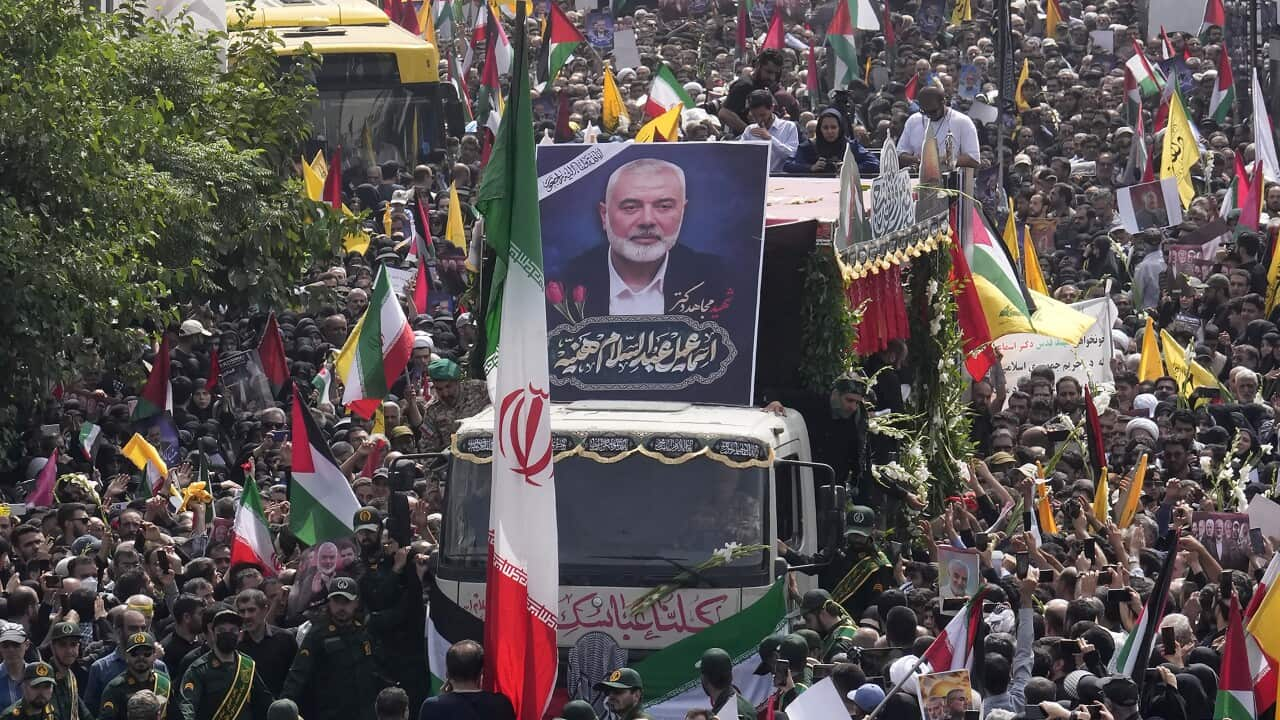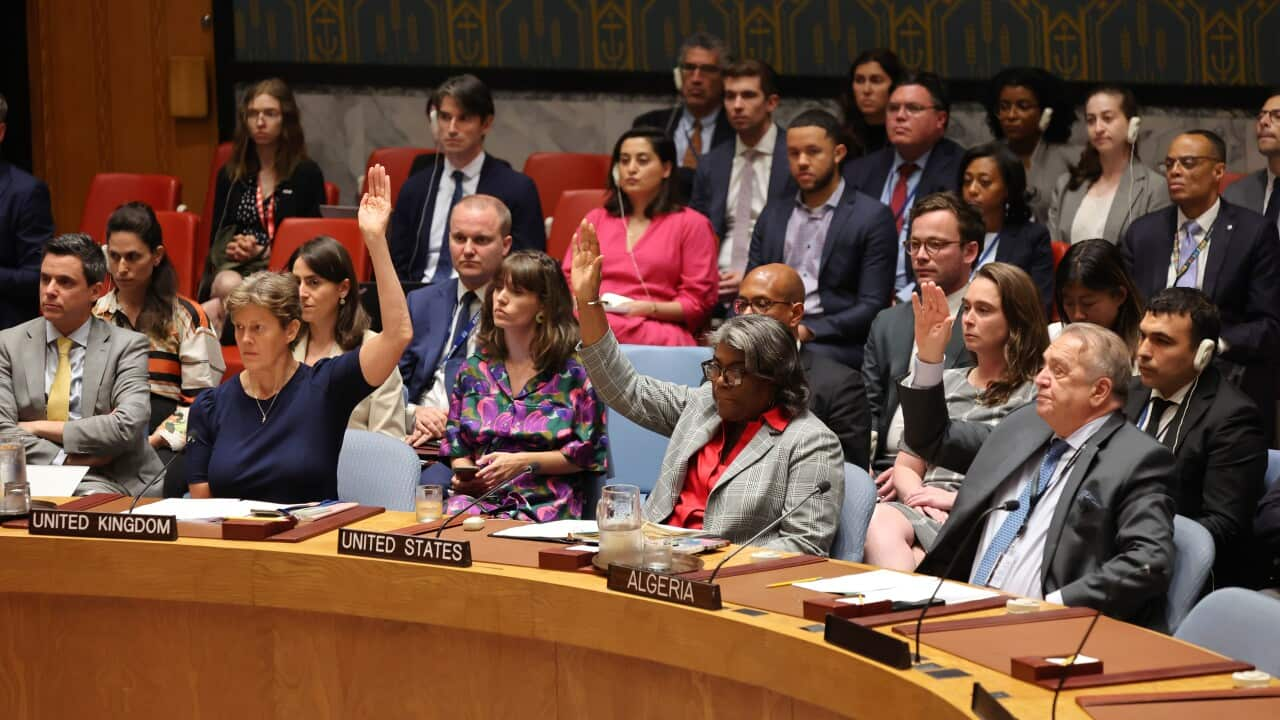Key Points
- US Secretary of State Antony Blinken is in Tel Aviv for a visit aimed at pushing forward a ceasefire deal in Gaza.
- He said President Joe Biden had sent him "to get this agreement to the line".
- Hamas has rejected the latest deal, accusing Israeli Prime Minister Benjamin Netanyahu of moving the goalposts.
US secretary of state Antony Blinken, visiting Israel to push for a Gaza truce, said on Monday ongoing negotiations were "maybe the last" chance to reach an agreement to end the war.
"This is a decisive moment -- probably the best, maybe the last, opportunity to get the hostages home, to get a ceasefire and to put everyone on a better path to enduring peace and security," Blinken said as he met Israeli President Isaac Herzog.
The top US diplomat will meet with Israeli Prime Minister Benjamin Netanyahu and defence minister Yoav Gallant later on Monday, after which he will travel to Egypt, where mediators will meet to try to cement a deal.
He said US President Joe Biden had sent him "to get this agreement to the line and ultimately over the line".
"It is time for it to get done. It's also time to make sure that no one takes any steps that could derail this process," Blinken said.
"We're working to make sure that there is no escalation, that there are no provocations, that there are no actions that in any way could move us away from getting this deal over the line, or, for that matter, escalating the conflict to other places, and to greater intensity."
The US is also hoping a ceasefire deal could prevent Iran and the Lebanese militant group Hezbollah from attacking Israel in retaliation for the assassinations of two prominent militant leaders in Beirut and Tehran.
Hamas rejects latest ceasefire deal
As Blinken arrived in Tel Aviv, Hamas announced it had rejected Israel's newest proposal.
Israel demanded a lasting military presence along the Gaza-Egypt border and a line bisecting Gaza where Israeli forces would search Palestinians returning to their homes.
It said both are needed to prevent militants from rearming and returning to the north.
Hamas said this violates its long-standing conditions.
"After being briefed by the mediators about what happened in the last round of talks in Doha, we once again came to the conclusion that [Israeli Prime Minister Benjamin] Netanyahu is still putting obstacles in the way of reaching an agreement and is setting new conditions and demands with the aim of undermining the mediators' efforts and prolonging the war," it said in a statement.
The group was considering a bridging proposal put forward by the US, Egypt and Qatar after mediation talks with Israeli officials last week.
'Netanyahu fully responsible' for failure of mediators' efforts, says Hamas
Hamas has consistently opposed a continuing Israeli presence inside Gaza and control of the Egyptian border.
The group has also maintained that it will not agree to a ceasefire that is not permanent.
While not directly involved in the talks, Hamas said the latest proposal diverges significantly from a previous iteration it had accepted in principle in June.
"He [Netanyahu] also set new conditions in the prisoner exchange file, and backed down from others, which all prevent the completion of the exchange deal," it said.
"We hold Netanyahu fully responsible for the failure of the mediators' efforts, the obstruction of reaching an agreement, and fully responsible for the lives of his prisoners, who are exposed to the same danger that our people are exposed to due to his continued aggression and systematic targeting of all aspects of life in the Gaza Strip."
Netanyahu had earlier told an Israeli cabinet that he would remain firm.
"We are conducting negotiations and not a scenario in which we just give and give," he said.
"There are things we can be flexible on, and there are things that we cannot be flexible on, which we will insist on.
"We know how to distinguish between the two very well."

US secretary of state Antony Blinken is in Tel Aviv for a visit aimed at ramping up political pressure to move towards a ceasefire deal in Gaza. Source: AAP / Kevin Mohatt/AP
Gaza's death toll climbs
Israeli strikes across Gaza have killed 28 people.
It includes a strike on a home in Deir al-Balah that killed a woman and her six children, according to Al-Aqsa Martyrs Hospital.
Mohammed Awad Khatab, the children's grandfather, said his daughter, a teacher, was with her husband and their children when their house was struck.
He said the children were as young as 18 months and included quintuplets.
"The six children have become body parts. They were placed in a single bag," he told reporters.
"What did they do? Did they kill any of the Jews? ... Will this provide security to Israel?"
Another strike east of Deir al-Balah killed at least four people, according to an AP journalist at the hospital.
A strike near the southern city of Khan Younis killed four people from the same family, including two women, according to Nasser Hospital.

Palestinians injured in an Israeli strike east of Khan Younis arrive at the Nasser Hospital. Source: AAP / Haitham Imad/EPA
But the Israeli bombardment has wiped out entire extended families and orphaned thousands of children.
The Health Ministry in Gaza announced this month that Israel has killed more than 40,000 Palestinians, including more than 16,000 children.
It's also displaced the majority of the territory’s 2.3 million residents.
With reporting by the Australian Associated Press and the Reuters news agency.












